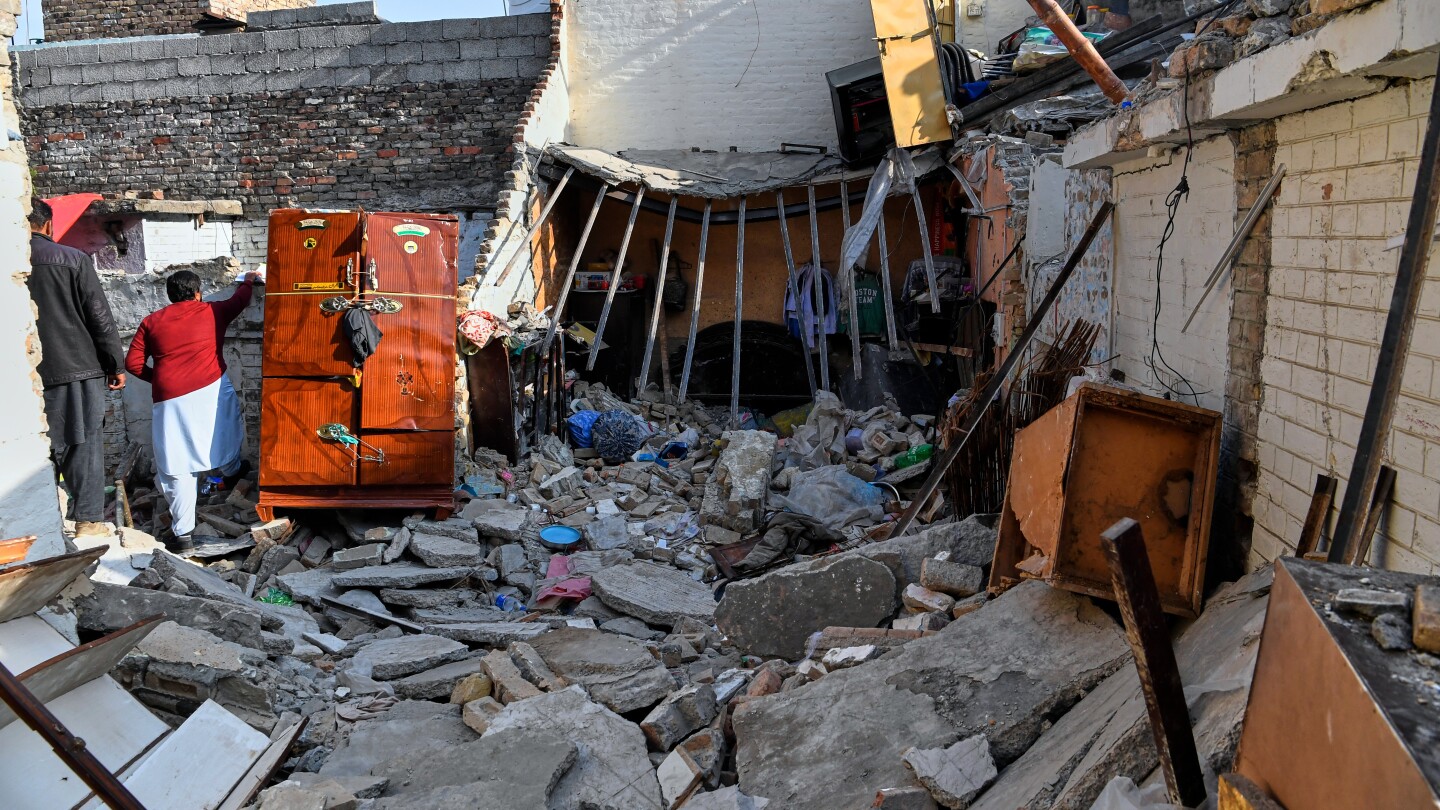ISLAMABAD (AP) — A gas cylinder explosion early Sunday after a wedding reception at a home in Pakistan’s capital killed at least eight people, including the bride and groom, police and officials…
Bride and groom among 8 killed in gas cylinder blast at wedding in Pakistan’s capital
